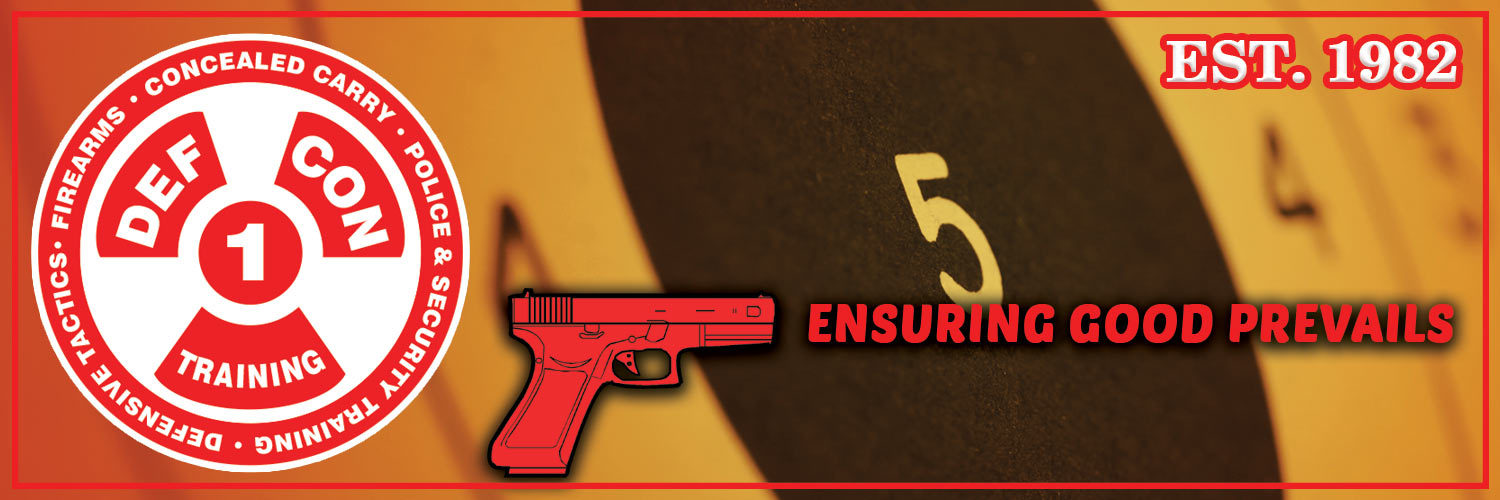Journaling has a positive impact on physical well being, so your entries will also serve to document your training, reinforce learning, and give you clarity to achieve your shooting and personal goals.
A Famous management thinker, Peter Drucker said, “If you can’t measure it, you can’t improve it.” You can’t know whether you are successful or not unless success is defined and tracked. Without clear objectives, you’re stuck in a constant state of guessing.
Use action-related terms, such as shot, competed, scored, transitioned to give yourself clear insight to your current performance and identify your goals and objectives. You may have a bad match, poor practice session, do focus on actions words rather than emotions to start problem-solving rather than problem storing.
Shooting Journal is designed to give you a progressive training program to maximize your home dry-fire practice and range time.
No two shooters are alike and therefore there is no one-sized-fits all training program. The best way to determine where you are in your learning journey is to document it in your journal.
It has the potential to be both an instructor and friend who helps you organize your pans, goals, time and training. Successful shooters use journals to analyze activities, and frame goals for going forward.
Planning drills and discussions to help you address your emotions, manage frustrations over setback, and help keep you focused on learning and improving.
It is often a great thing to use dry-fire and live fire drills over time. To ensure that your training is meaningful and you see positive results from your efforts, all dry-fire drills are paired with and reinforcing live-fire drills that serve to validate your dry -fire practice.
By logging your practice and setting your goals, you will be able to look back in one year and see what you have achieved. Whether shooting goals are defensive, competitive, or recreational, you can use your firearms training journal as a key to achieving your goals.
“What you get by achieving your goals is not as important as what you become by achieving your goals” -Henry David Thoreau
DOCUMENT YOUR TRAINING
In addition to helping, you set and achieve goals, your shooting journal serves as a chronological log of your journey of learning as you develop new skill sets and knowledge. If you have to use your firearm in self-defense, your legal defense will balance on information that you have learned through firearms training classes, practice sessions and drills.
The legal process is lengthy and you will have to demonstrate that you acted appropriately, base on knowledge rather than panic or over-reaction. This may include your understanding of how long it lake you to draw your pistol, do a reload, or clear a malfunction. You may have to explain how quickly someone moving towards you could attack you, or your ability to get an effective hit on an attacker at different distances or even your understanding of the law and the Use of Force. You need to articulately convince a judge of jury of your peers that your actions were justifiable.
Your journal could help court officials understand your mindset leading to your decision to shoot in self-defense and ultimately prove that your actions were reasonable and justifiable.
When you take a professional firearms course, you typically receive a course completion certificate. Class certificates are a great way to track your skill levels and personal improvements. The certificate proves that you attended the course on a specific ate and documents that you passed, if the course had a graduation test. This documentation could also be used as part of your legal defensive.
